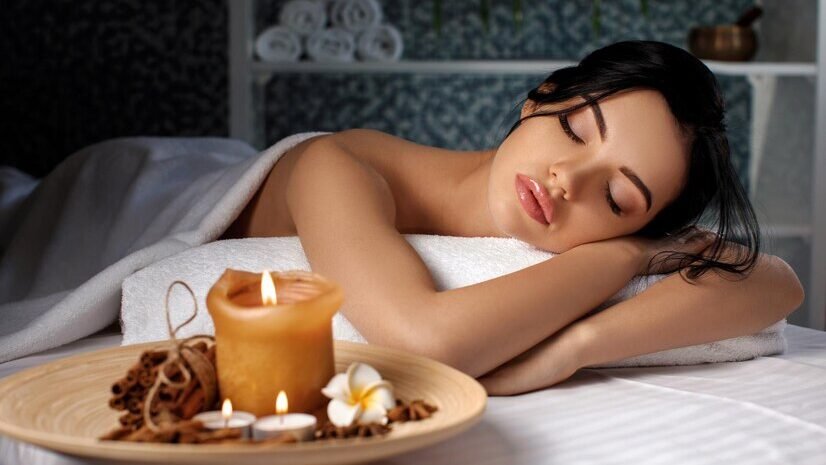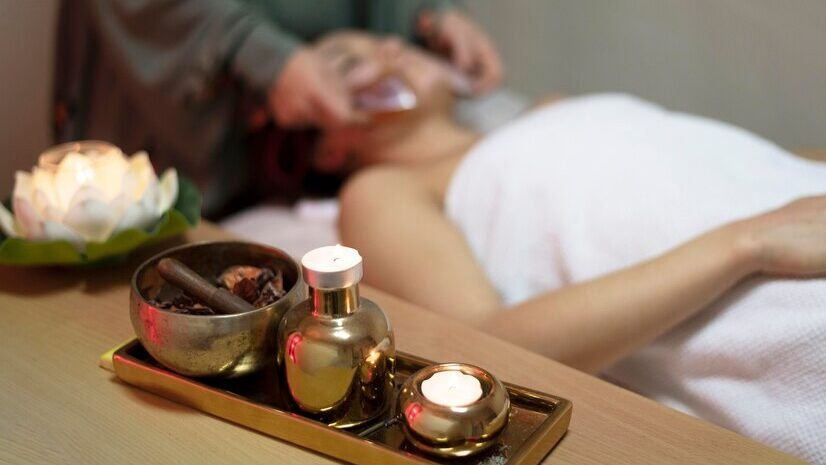Anxiety is a common issue affecting many people worldwide, and finding natural remedies to alleviate symptoms is increasingly popular. Essential oils, with their therapeutic properties, offer a natural and effective way to manage anxiety. Here, we explore the top 10 essential oils known for their anxiety-relieving benefits, how to use them, and address common questions.

Description
Essential oils are concentrated plant extracts that capture the aromatic compounds and therapeutic properties of various plants. These oils can be used in aromatherapy to promote relaxation, reduce stress, and improve overall well-being. By inhaling or topically applying these oils, individuals can experience significant relief from anxiety symptoms.
Top 10 Essential Oils for Anxiety Relief
- Lavender: Known for its calming and soothing properties, lavender oil is one of the most popular essential oils for anxiety relief. (Reduces stress, promotes relaxation, improves sleep quality, and alleviates nervous tension)
- Chamomile: Chamomile oil is renowned for its gentle, calming effects and is often used to treat anxiety and insomnia. (Soothes nerves, reduces stress, and promotes restful sleep)
- Bergamot: Bergamot oil has a citrusy, uplifting scent that helps to alleviate anxiety and improve mood. (Reduces stress, combats depression, and enhances feelings of well-being)
- Frankincense: Frankincense oil is known for its grounding and calming effects, making it effective for managing anxiety. (Reduces stress, promotes relaxation, and enhances meditation and mindfulness practices)
- Ylang Ylang: Ylang ylang oil has a sweet, floral aroma that is known to reduce anxiety and promote a sense of calm. (Reduces stress, lowers blood pressure, and enhances mood)
- Rose: Rose oil is prized for its calming and uplifting properties, making it ideal for anxiety relief. (Reduces stress, alleviates depression, and promotes emotional well-being)
- Clary Sage: Clary sage oil is known for its relaxing and calming properties, which can help reduce anxiety. (Relieves stress, improves mood, and balances hormones)
- Patchouli: Patchouli oil has a grounding, earthy scent that can help reduce anxiety and promote relaxation. (Calms the mind, reduces stress, and improves mood)
- Vetiver: Vetiver oil has a deep, grounding scent that is effective in calming the mind and reducing anxiety. (Reduces stress, promotes relaxation, and enhances emotional stability)
- Jasmine: Jasmine oil is known for its uplifting and calming properties, making it beneficial for anxiety relief. (Reduces stress, improves mood, and promotes a sense of well-being)
How to Use Essential Oils for Anxiety Relief
1. Inhalation:
- Use a diffuser to disperse the essential oil into the air.
- Add a few drops of essential oil to a bowl of hot water and inhale the steam.
- Apply a drop or two of essential oil to a tissue or cotton ball and inhale.
2. Topical Application:
- Dilute essential oils with a carrier oil (like coconut or jojoba oil) before applying to the skin.
- Apply to pulse points such as wrists, neck, and temples.
- Use in a relaxing massage.
3. Bath:
- Add a few drops of essential oil to a warm bath for a calming soak.
4. Room Sprays:
- Create a room spray by mixing essential oils with water in a spray bottle and misting around your space
FAQs
Q: How do essential oils help with anxiety?
A: Essential oils contain aromatic compounds that can interact with the brain’s limbic system, which controls emotions and mood. This interaction can promote relaxation, reduce stress, and improve overall mental well-being.
Q: Are essential oils safe to use for anxiety relief?
A: Essential oils are generally safe when used properly. Always dilute them with a carrier oil before topical application and perform a patch test to check for allergic reactions. Consult with a healthcare professional if you have any underlying health conditions.
Q: How quickly do essential oils work for anxiety?
A: The effects of essential oils can vary from person to person. Some individuals may feel relief almost immediately upon inhalation, while for others, it may take longer. Consistent use can enhance their effectiveness.
Q: Can essential oils be used in combination with other anxiety treatments?
A: Yes, essential oils can complement other anxiety treatments, such as therapy or medication. Always discuss with your healthcare provider before combining treatments.
Q: What is the best way to store essential oils?
A: Store essential oils in dark glass bottles, away from direct sunlight and heat, to maintain their potency and shelf life.
Q: Can essential oils be ingested for anxiety relief?
A: Ingesting essential oils should only be done under the guidance of a qualified healthcare professional, as some oils can be toxic when taken internally.
Q: Are there any essential oils to avoid for anxiety?
A: While most essential oils are safe, some can cause adverse reactions in certain individuals. Avoid oils that you are allergic to or that cause irritation. Always perform a patch test before use.
Q: How often should I use essential oils for anxiety?
A: Essential oils can be used daily, but it’s important to use them in moderation. Start with small amounts and observe how your body responds.
Q: Can I use essential oils for anxiety relief during pregnancy?
A: Some essential oils are safe for use during pregnancy, while others are not. Always consult with a healthcare provider before using essential oils if you are pregnant or breastfeeding.
By incorporating these top essential oils into your daily routine, you can experience significant relief from anxiety and improve your overall well-being. Whether through inhalation, topical application, or relaxing baths, these oils offer a natural and effective way to manage anxiety.

